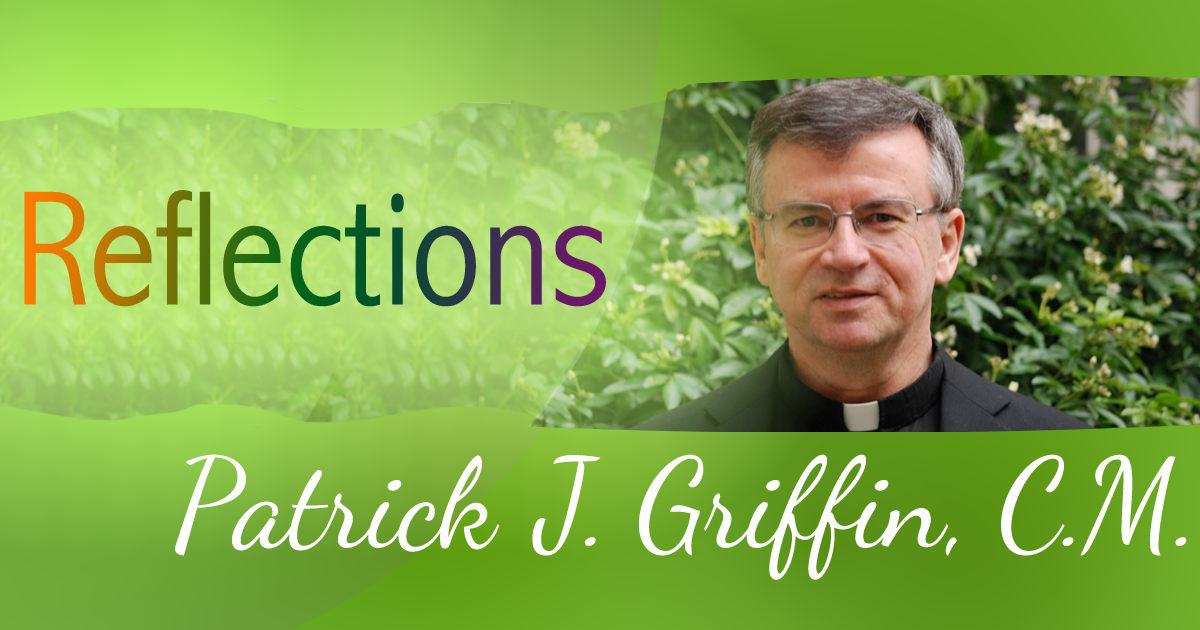
Recently I saw a TV commercial that made me thoughtful. A selection of smiling faces came to the screen, one after the other. Each of the persons had a different ethnic look. In the background was a very familiar Irish tune—“When Irish eyes are smiling.” The commercial promoted AncestryDNA, which is one of those companies that tracks a person’s heritage using a DNA sample. During the past week, when the Feast of St. Patrick gets a lot of attention, this ad emphasized the fact that all these people had discovered that they had some Irish roots. (When I did a little research, I discovered that AncestryDNAestimates that more than half of its users have some Irish blood in their line.)
Tracing my Irish heritage offers no challenge that requires a genetic analysis. Both of my parents were born in Ireland. However, the commercial did make me ponder the closeness of my connection to so many of the other people who populate my life in the Vincentian Family and at St. John’s University. Thinking of these people as relations so-many-times removed brings them closer. And the connection need not be through a shared Irish heritage.
Note the way in which the Gospels underscore Jesus’ kinship through their genealogies. When one studies Matthew, we see that he traces Jesus’ line back to Abraham, the “father” of all Jews. This underlines Jesus’ connection to the Chosen People. Luke takes a different track. He traces Jesus’ heritage back through Adam and Eve. As he finishes it up, we read “ . . .the son of Enos, the son of Seth, the son of Adam, the son of God.” This accentuates Jesus’ bond to all humankind and aligns all humankind to the divine.
When we pray the “Our” Father, the words can have particular meaning as we allow them to affirm our kinship to one another. The differences of race, language, gender and religion are as nothing compared to the similarities that mark each of us. As a Christian Church prays this most basic of all devotions, the opening address sets a tone for what follows. We ask the Lord to bless us with “our daily bread.” The food that suffices for me alone, cannot define my prayer. The forgiveness we seek of God cannot be complete when only my own sin and hurt draws me before the altar. God’s mercy must extend to those who harm me as well as to those whom I hurt. I remember them as they remember me. As a community, we recognize that temptation does not call to me alone, but to all of us. Sometimes we need to resist it together with God’s help. All this we ask of “our” Father.
As a Vincentian Family, we know the close ties that we have with those who are poor among us. A DNA test might reveal that it is not just a matter of the spirit but also of the blood.







0 Comments